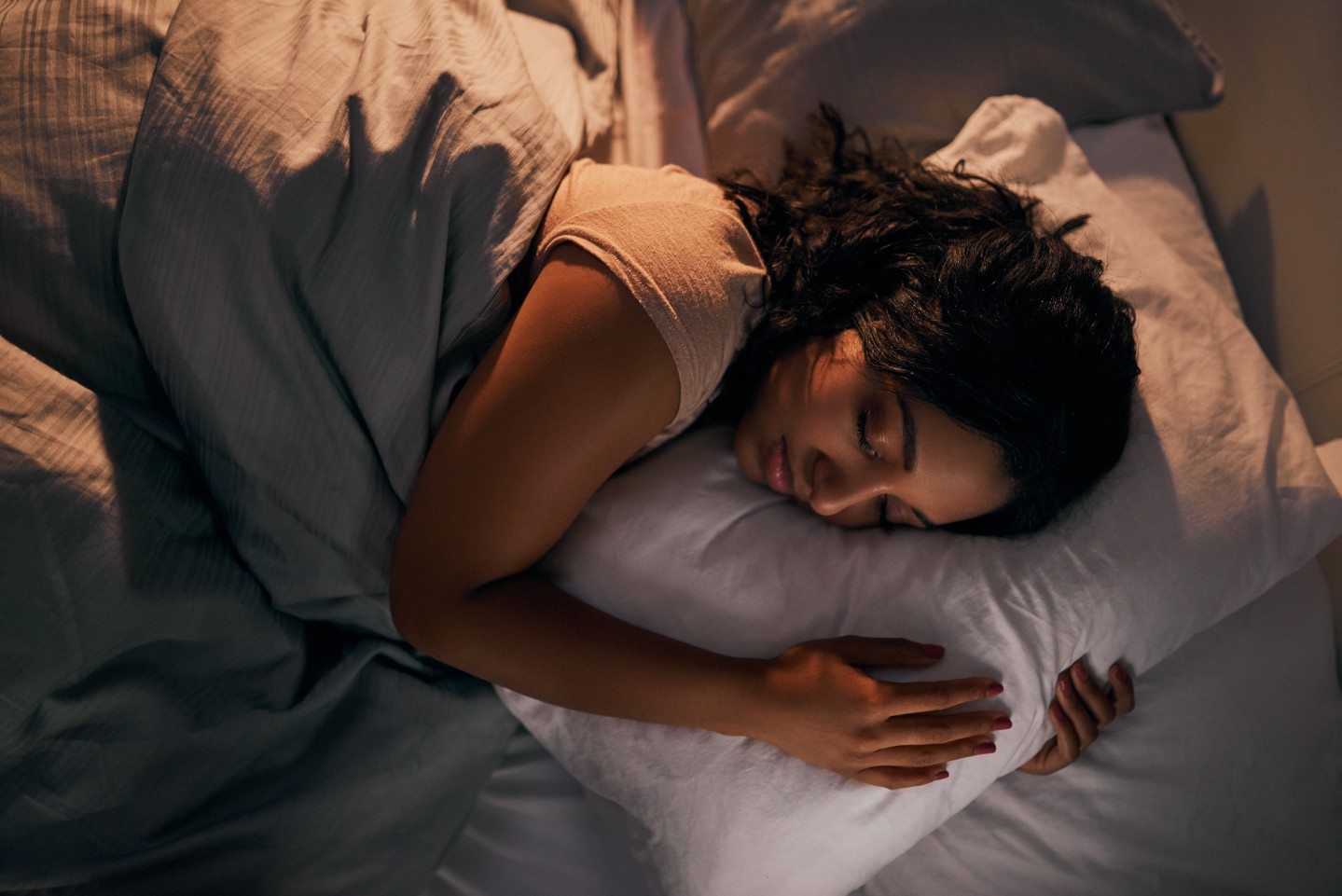Beyond the Chill: Understanding Raynaud's Phenomenon
JAN 29, 2026Raynaud's phenomenon is a rare disorder that affects the blood vessels, most commonly in the fingers and toes, but sometimes also in the nose, ears, or lips.
Read More
Good sleep can feel like the impossible dream for snorers who struggle with C-pap, the mask and machine that uses mild air pressure to keep airways open. While it can work well, some people avoid even getting evaluated for snoring because they assume the C-Pap will be their only option.
The good news is an innovative device is helping snorers get a good night’s rest and reducing their risk of health issues like high blood pressure and diabetes – all without the need to wear a mask while you sleep.
The small, implantable, pacemaker-like device provides gentle stimulation to your throat muscles, which helps your airway remain open during sleep.
What people see is the remote control you turn on every night. What they don’t see is the tiny devices placed under the skin of the neck and chest. While you sleep, they sync with your breathing patterns and deliver mild stimulation to airway muscles to keep breathing passages open.
Snorers find it is quite effective. Our data shows that 85% of those who undergo the procedure will go from having severe sleep apnea to having mild or no sleep apnea at all. It does require an outpatient surgery to implant the device, and patients must meet certain qualifications.
Outpatient surgery requires two small incisions, takes less than an hour and you’ll go home the same day.
The battery lasts 11 years and can be replaced with a brief outpatient surgery.
Complications are similar to any other minor surgery and include weakness or numbness of the lips or tongue which goes away in about a week.
Insurance covers the procedure for those who qualify. Most will only pay a deductible; there’s no cost with Medicare.
22 years of age or older
Diagnosis of moderate to severe obstructive sleep apnea
Unable to use or struggle to get benefit from C-pap machine
Not significantly overweight
Don’t let a weight issue prevent you from exploring this option. Our obesity medicine specialist works with people to help them lose the weight needed to qualify for the procedure. It’s part of our unique approach to comprehensive evaluation and treatment, which includes Inspire and other surgical and nonsurgical options. Together, we can find the right solution for you.
Steroid nasal spray to relieve nasal congestion
Dental appliances that hold the tongue in place
Device for stiffening the outer walls of the nose
Procedure to freeze the nerve related to nasal congestion
Surgical septoplasty (move septum to middle of nose), tonsillectomy and more
If you are concerned about your snoring, talk to your primary care provider today. Treating this condition can result in better sleep and significantly reduce your risk for sleep-related health conditions like obesity, depression, heart disease and type 2 diabetes.

Raynaud's phenomenon is a rare disorder that affects the blood vessels, most commonly in the fingers and toes, but sometimes also in the nose, ears, or lips.
Read More
Winter brings beautiful snowy landscapes and cozy evenings, but the cold, dry air—indoors and out—can be harsh on our hands, leading to dryness, cracking, and even more serious issues like frostbite. Protecting your hands is crucial for comfort and s...
Read More
While BMI can be a useful screening tool for populations, relying solely on this single number to define an individual's health and dictate weight management strategies is outdated and often misleading.
Read MoreWhen you need local health information from a trusted source, turn to the CHI Health Better You eNewsletter.